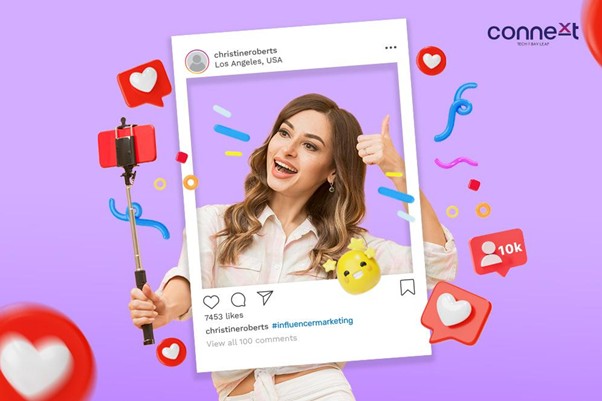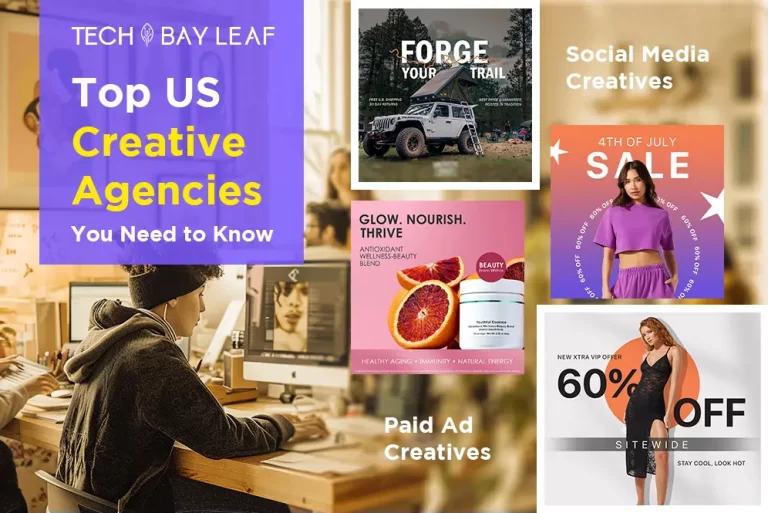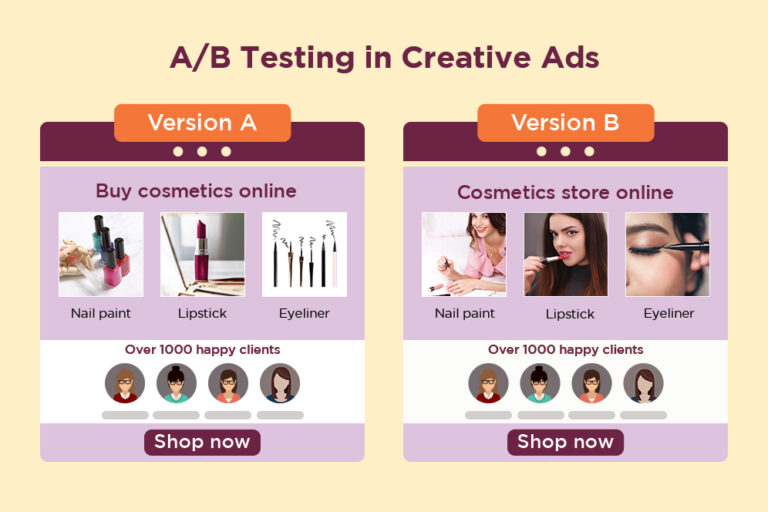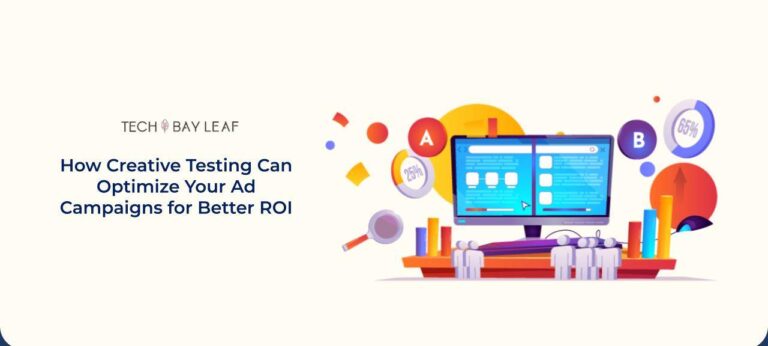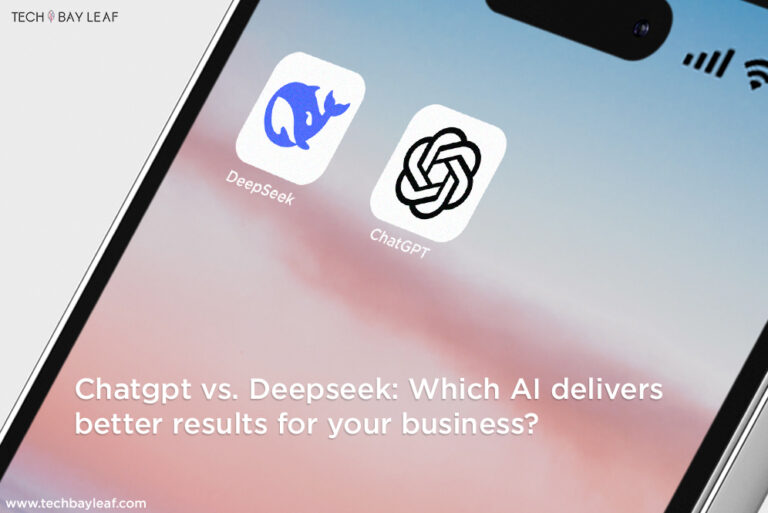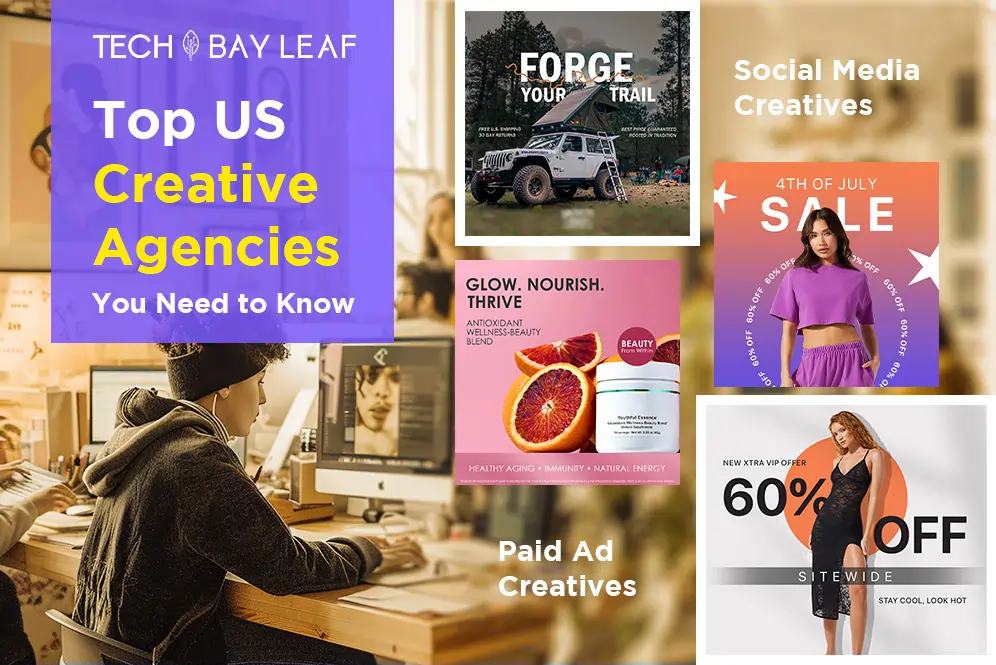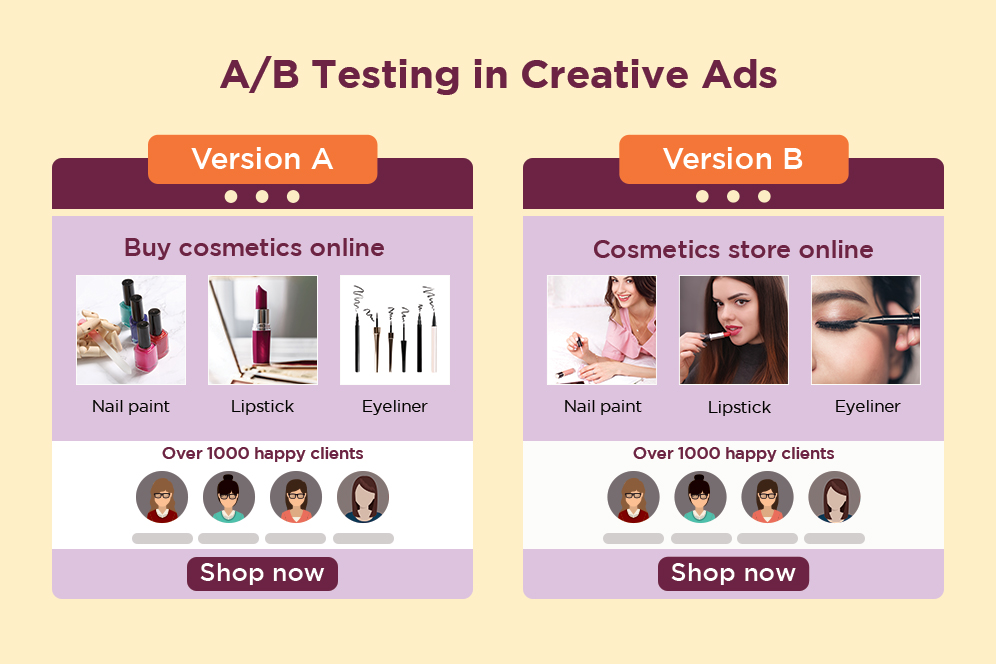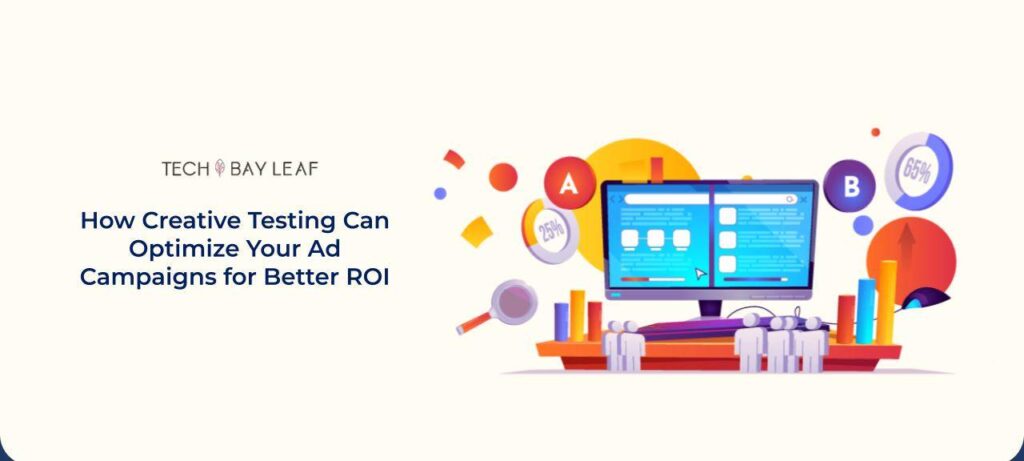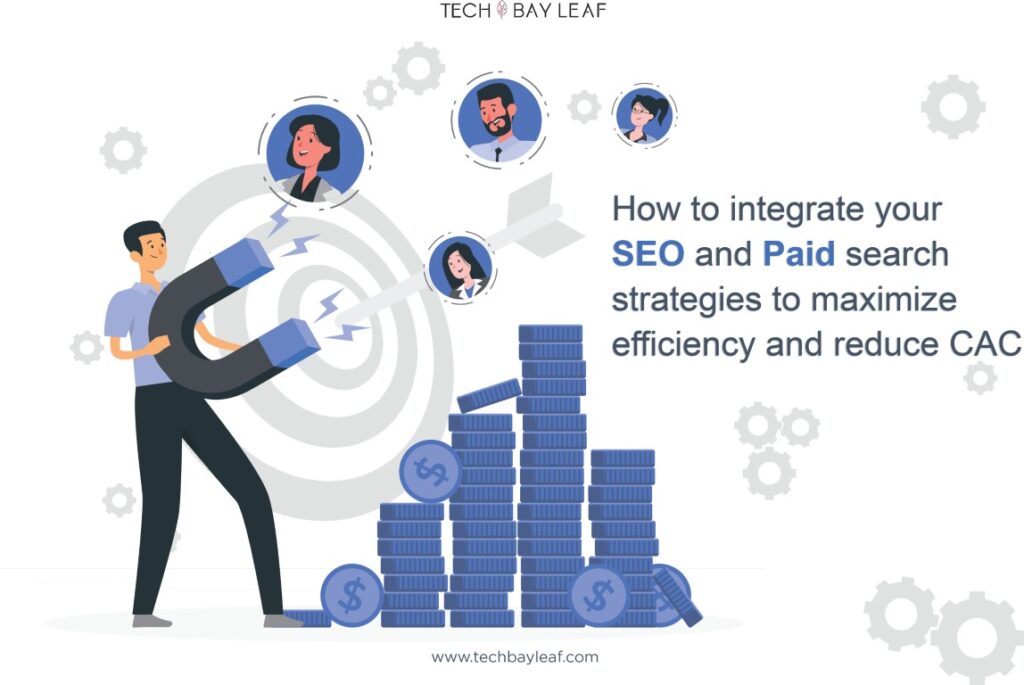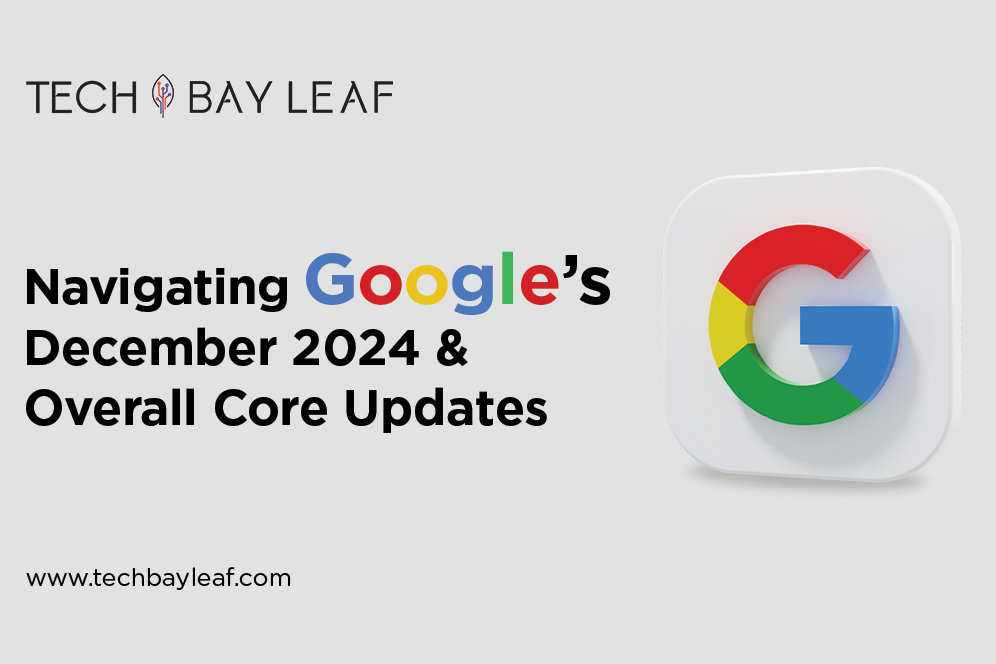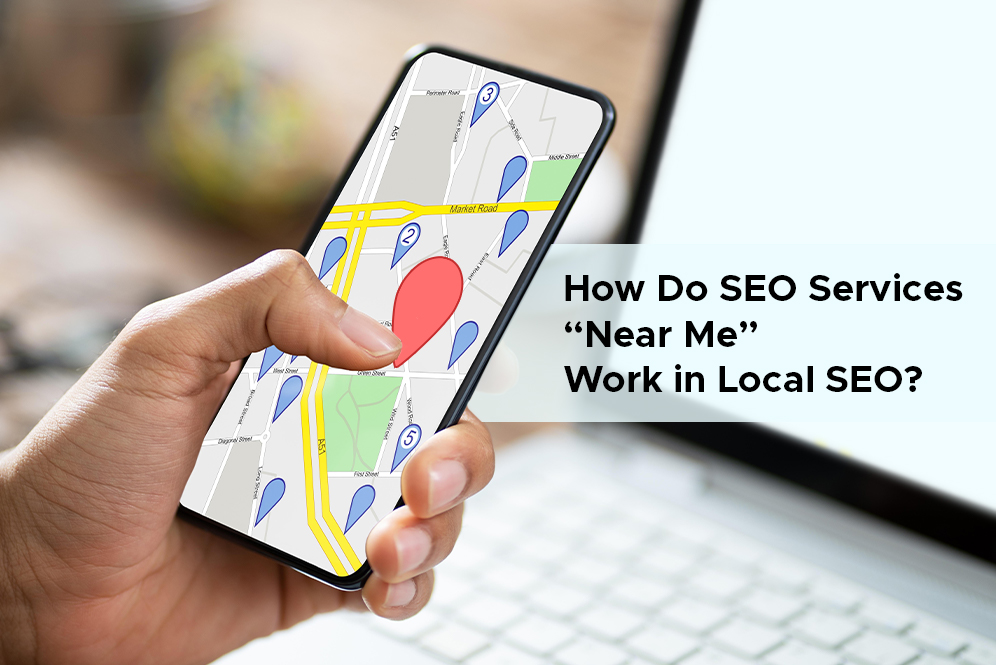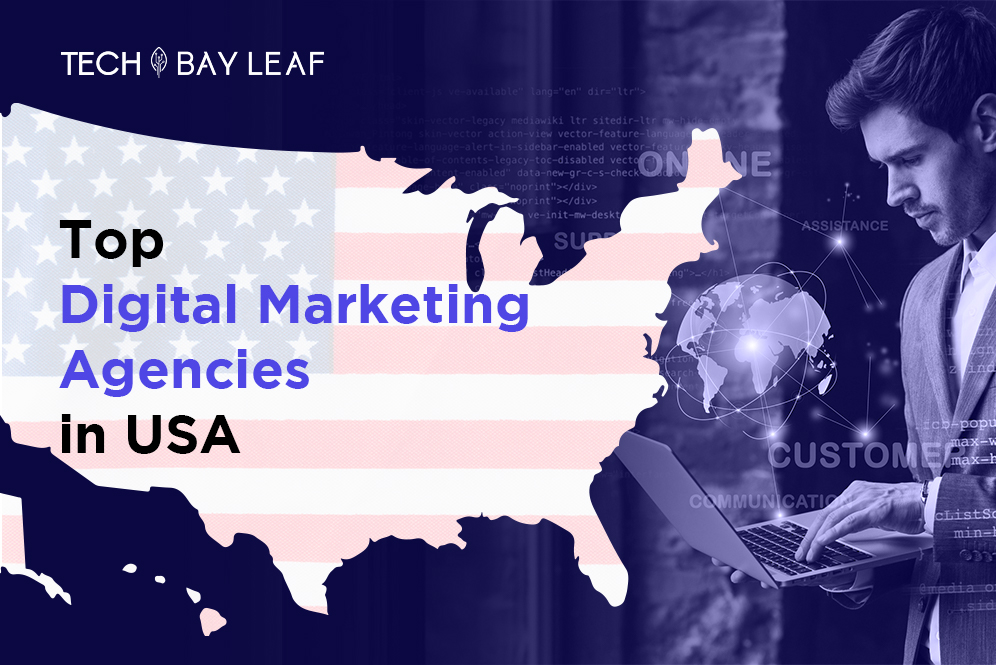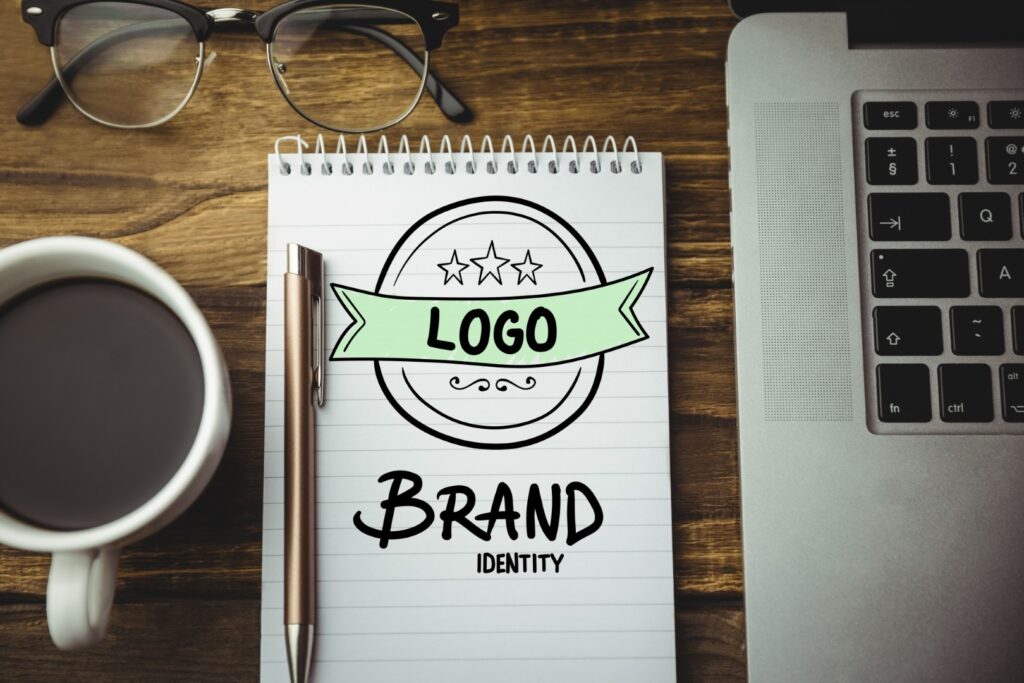As direct-to-consumer (DTC) ecommerce brands scale in a saturated market, standing out requires more than just great products—it demands smart, authentic storytelling. That’s where micro influencer marketing services come into play. Often overlooked in favor of big-budget celebrity endorsements, micro influencers are proving to be the unsung heroes of digital marketing, especially in today’s creator economy.
In this blog, we’ll explore how this cost-effective, high-engagement strategy is revolutionizing e-commerce influencer marketing and how partnering with the right influencer marketing agency USA can drive measurable ROI.
What Are Micro Influencer Marketing Services?
It connects brands with creators who typically have between 10,000 to 100,000 followers. These influencers may not be household names, but their audiences are highly engaged and trust their opinions. As a result, their content often feels more personal and authentic—an ideal match for brands aiming to build real relationships with potential customers.
For DTC ecommerce businesses with limited budgets, this model is particularly attractive. It enables affordability without sacrificing reach or impact, and it can lead to far better conversion rates compared to paid ad campaigns that feel impersonal or salesy.
Why This Works for E-commerce Brands
In influencer marketing for e-commerce, authenticity matters more than reach. Micro influencers can effectively tell your brand story, showcase product use cases, and generate buzz among niche audiences who are already primed to purchase.
Whether you’re launching a new product or scaling a best-seller, these influencers help humanize your brand. The result? More clicks, more engagement, and ultimately a higher ROI of influencer marketing.

Partnering With an Influencer Marketing Agency USA
Working with a seasoned agency streamlines the process of finding the right influencers, negotiating deals, managing campaigns, and tracking performance. We offer valuable geographic insights. For instance, a Los Angeles agency is often ideal for fashion, fitness, and lifestyle brands, while an influencer marketing agency in San Francisco may cater more to tech and startup-focused ecommerce companies. Similarly, New York often specializes in premium lifestyle and editorial-style campaigns.
If you’re aiming to target audiences in specific cities or cultural hubs, working with local agencies can significantly improve campaign relevance and effectiveness.
Platform-Specific Strategies: Instagram & TikTok
Choosing the right platform is just as important as choosing the right influencer. Partnering with an Instagram influencer marketing agency offers access to high-performing features like Reels, Stories, and shoppable posts—tools that make ecommerce conversions seamless. Meanwhile, TikTok influencer marketing is increasingly popular among Gen Z and millennial audiences. With TikTok’s algorithm-driven discovery, even micro influencers can generate viral traction for your brand.
If your audience skews younger or your brand is highly visual, TikTok and Instagram are both ideal channels to prioritize.
How to Choose an Influencer Marketing Agency
When deciding “how to choose an influencer marketing agency,” consider their track record with ecommerce brands, their influencer vetting process, and the platforms they specialize in. Agencies that offer affordable influencer marketing solutions without sacrificing quality can provide huge value, especially for small to mid-sized businesses. Ask to see past campaign examples and ensure they align with your industry and goals.
For brands planning a product launch, it’s especially important to choose an agency experienced in time-sensitive, buzz-driven campaigns.
The Power of AI in Influencer Marketing

Influencer Marketing vs Paid Ads
Building the Best Influencer Marketing Strategy for Brands
Influencer Marketing That Actually Works
As influencer marketing matures, brands no longer need to chase celebrity endorsements or burn cash on expensive ads. Instead, Connext helps tap into micro influencer marketing to build genuine connections with their audience, especially when selling directly online.
Whether you’re looking for an influencer marketing agency in the US or are exploring opportunities in the creator economy, now is the time to invest in smarter strategies. Work with the right agency, leverage the power of AI, and choose platforms that align with your brand.
